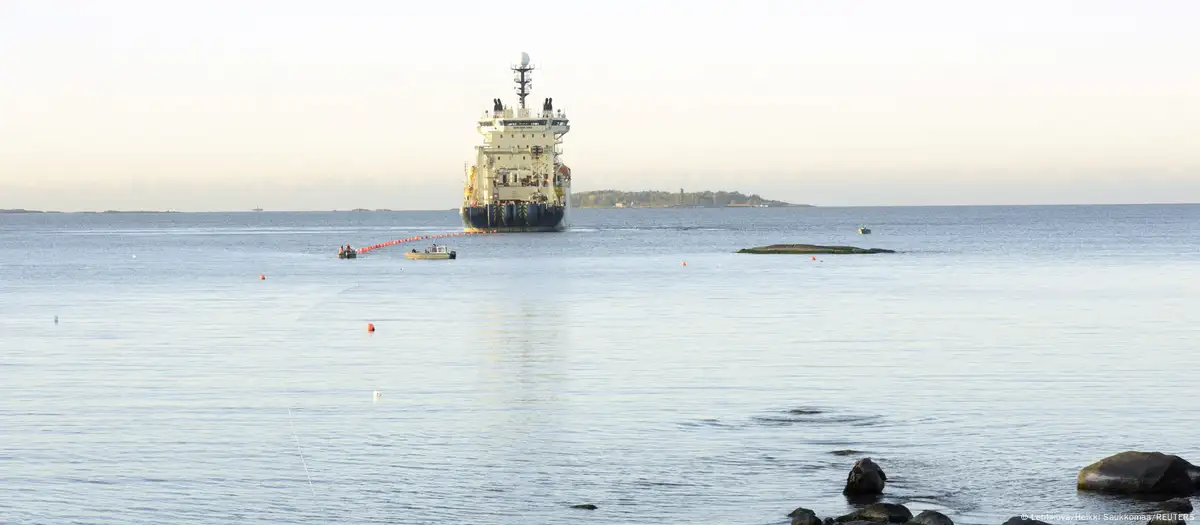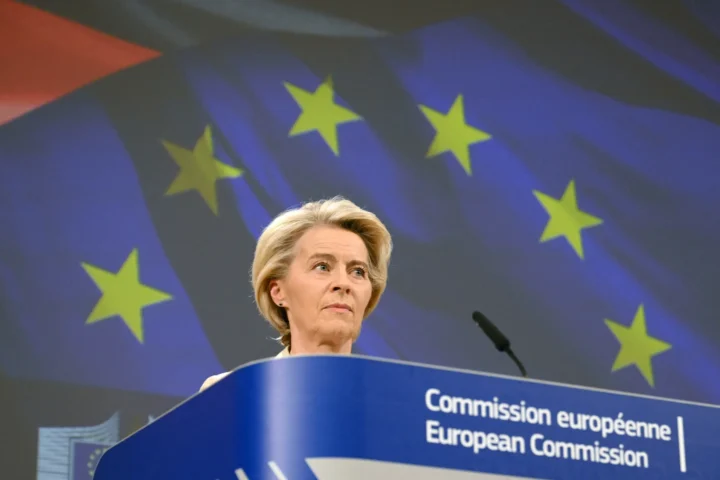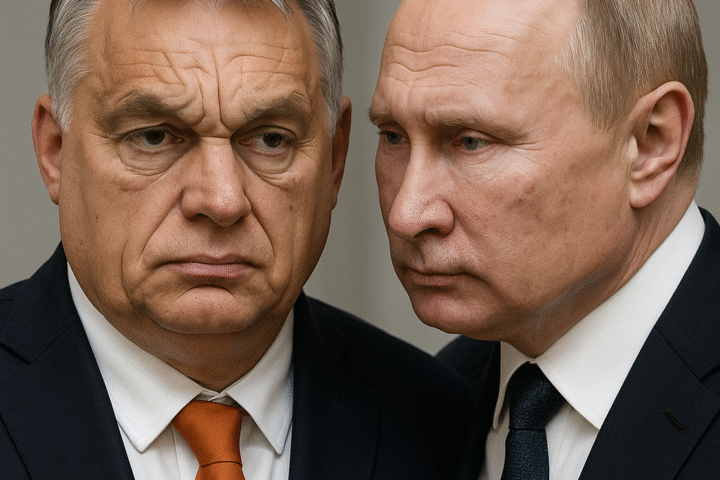Following reports that a data cable connecting Germany and Finland had been cut, Germany has ruled out an accident. It remains unclear who would be behind any act of sabotage.
German Defense Minister Boris Pistorius said on Tuesday that the damage to an undersea data cable running from Germany to Finland was likely due to sabotage.
The damage to the C-Lion1 cable was first reported on Monday with officials saying the 1,173-kilometer (729-mile) line had been cut, although the impact would probably not be noticeable for most people.
Sweden’s Civil Defense Minister Carl-Oskar Bohlin also reported on Monday that a second undersea cable had been damaged, according to the French press agency AFP.
The incident occurred in the same maritime region where the Nord Stream pipelines were sabotaged in 2022 following Russia’s invasion of Ukraine earlier that year.
‘Can’t all just be coincidences’
German Foreign Minister Annalena Baerbock said Europe would remain united in light of the hybrid threats following the cut in the fiber-optic cables in the Baltic Sea.
“We are now also experiencing this in Germany … with cyber attacks, with the surveillance of critical infrastructure, parcels suddenly exploding when transported on planes and yesterday … a data cable between Finland and Germany which probably also affected Sweden,” said Baerbock. “These can’t all just be coincidences.”
What else did Germany say about the damaged Baltic Sea cable?
“No one believes that these cables were cut accidentally. I also don’t want to believe in versions that these were anchors that accidentally caused damage over these cables,” Pistorius said before a meeting with EU defense ministers in Brussels.
“Therefore, we have to state, without knowing specifically who it came from, that it is a ‘hybrid’ action. And we also have to assume, without knowing it yet, that it is sabotage,” he added.
While Pistorius was unable to produce any evidence for his suspicions, his Estonian counterpart Hanno Pevkur also said it was not a “natural cause” based on their preliminary information.
A joint statement from the German and Finnish Foreign Ministers on Monday evening said: “Our European security is not only under threat from Russia’s war of aggression against Ukraine, but also from hybrid warfare by malicious actors.”








